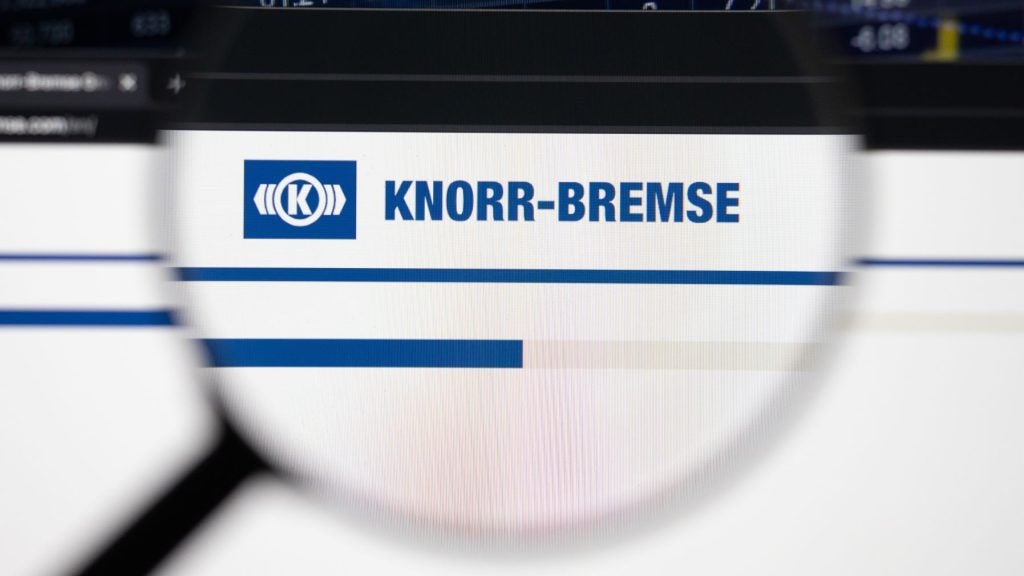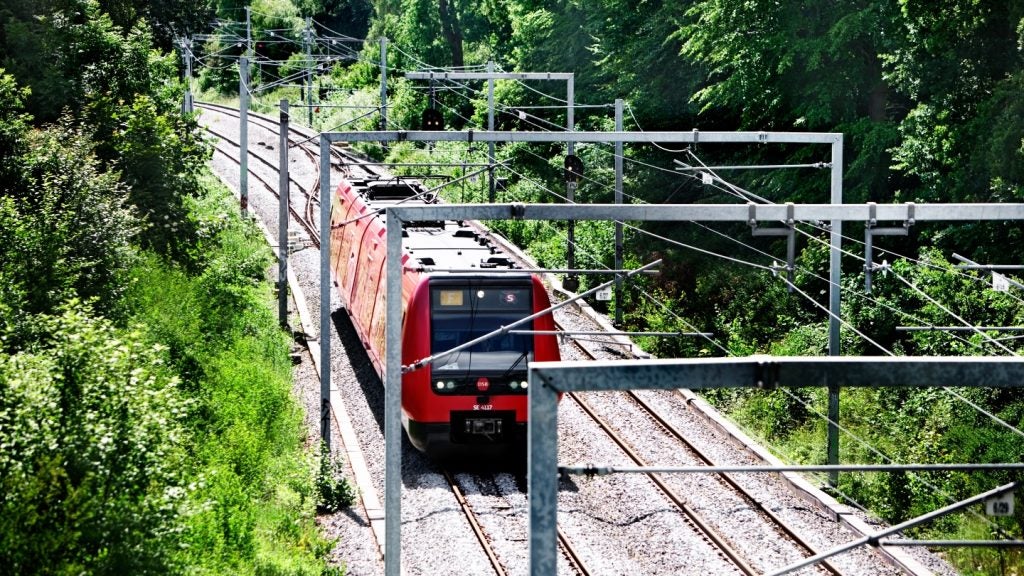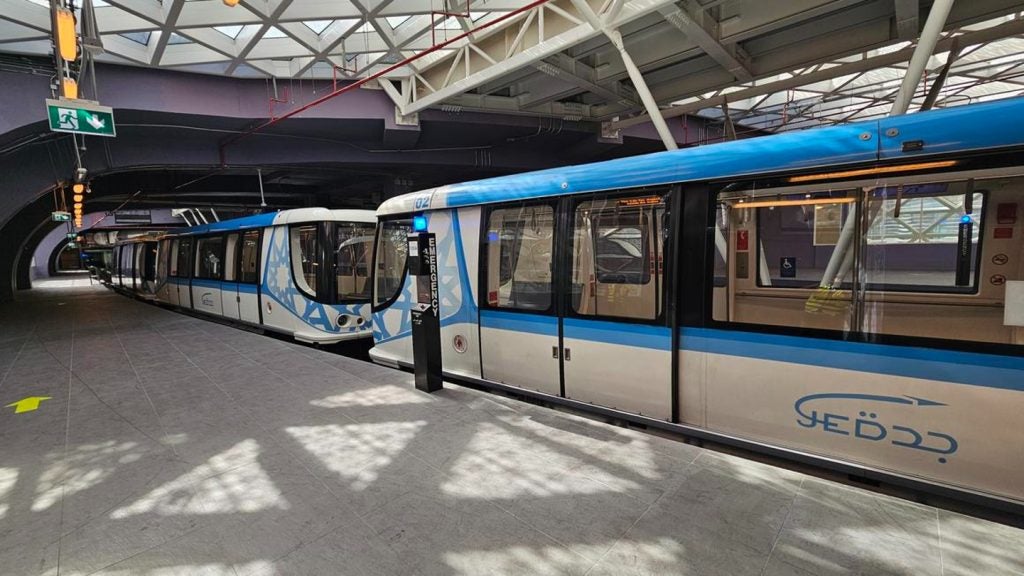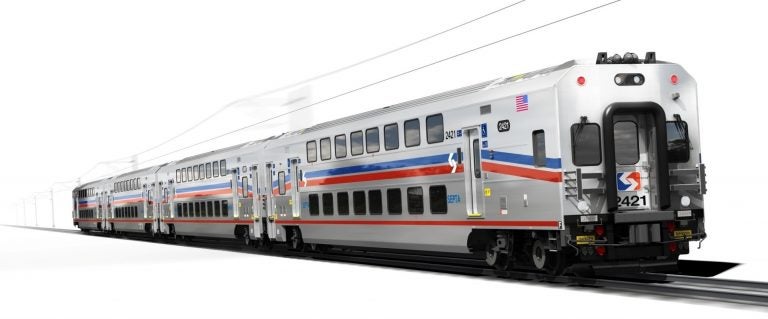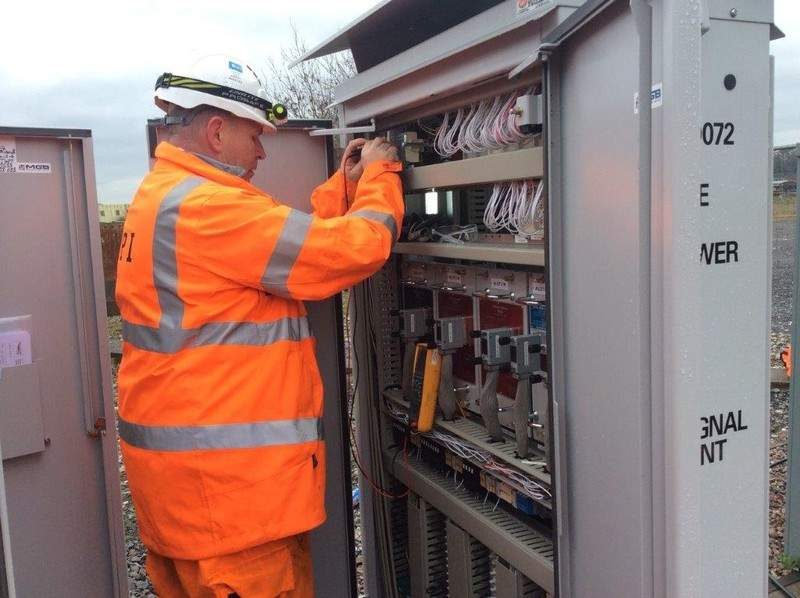
Network Rail has completed major signalling upgrade works in Bristol that will enable railway operator GWR to provide more frequent services to London from next year.
The £130m signalling works is the third part of a four phase £250m project that involves re-signalling of Bristol Temple Meads and the surrounding region.
Network Rail Western Route managing director Mark Langman said: “It is a great achievement to have delivered our biggest ever signalling upgrade in just five days enabling GWR to deliver more services, quicker journeys and more seats in Bristol from next year and more reliable services for Crosscountry to Birmingham and the north.
“We had more than 500 members of Team Orange working over Easter to deliver the £130m upgrade, which together with the doubling of the tracks between Bristol Parkway and Bristol Temple Meads later this year will transform rail travel in the city.”
The upgrade, which involved over 500 members of Team Orange, took place over Easter weekend.
The scope of upgrade works involved the replacement of old analogue signalling with new digital signalling equipment, followed by testing of the new equipment.
How well do you really know your competitors?
Access the most comprehensive Company Profiles on the market, powered by GlobalData. Save hours of research. Gain competitive edge.

Thank you!
Your download email will arrive shortly
Not ready to buy yet? Download a free sample
We are confident about the unique quality of our Company Profiles. However, we want you to make the most beneficial decision for your business, so we offer a free sample that you can download by submitting the below form
By GlobalDataThis digitisation will allow the majority of signals in Bristol to be operated by a signalling centre in Didcot.
GWR managing director Mark Hopwood said: “The new signalling systems, once bedded in should provide us with more reliable infrastructure, and with the continued delivery of new Intercity Express Trains will enable GWR to offer seven trains an hour between Bristol and London Paddington, quicker journeys and more seats per train.”
The final phase of the project will be carried out in the first half of next year.



